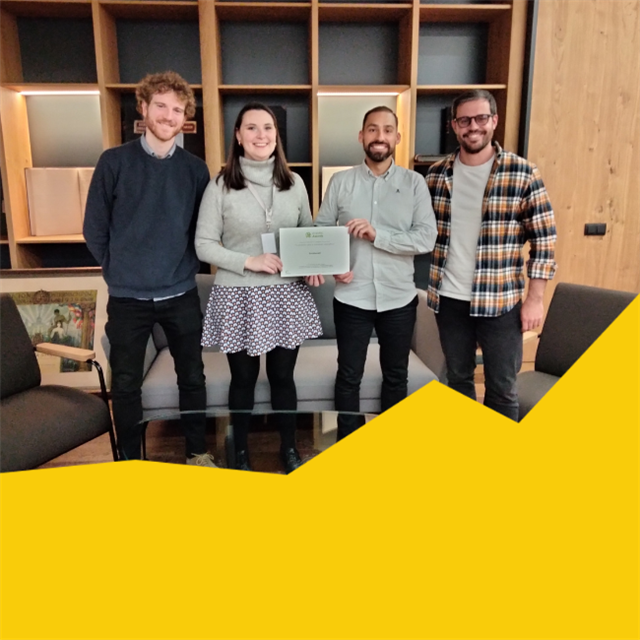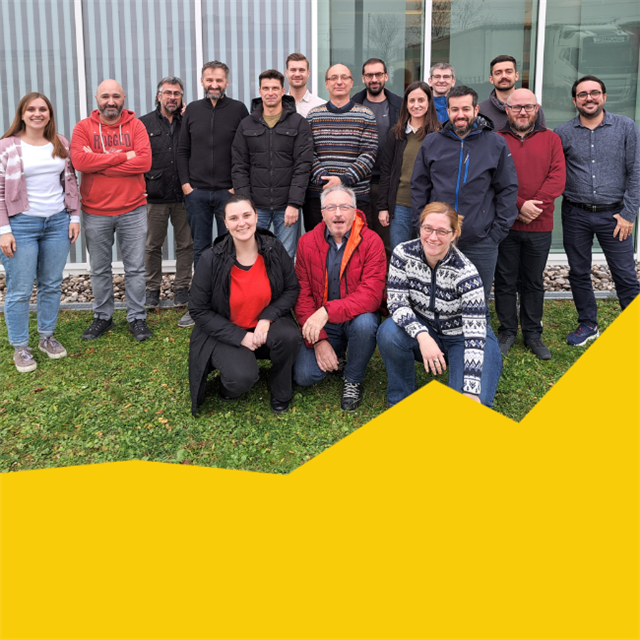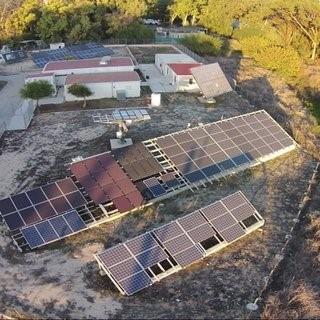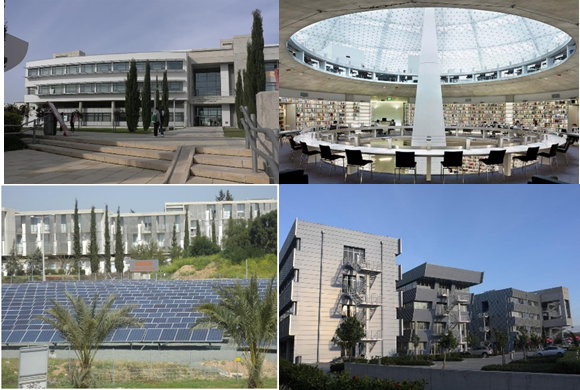As you may know, the University of Cyprus (UCY) has been a vital contributor to the FEVER project, working on accurate photovoltaic forecasting using machine learning models. In this article, we'll share some of the surprises, challenges, successes, and even some funny moments we've encountered during our journey. We'll also provide a brief update on the current happenings at UCY.
Surprises along the way:
Our team at UCY has experienced quite a few surprises throughout the FEVER project. One of the most significant was the unfortunate series of events that led to multiple storage systems breaking down. But the biggest shocker was the cyber-attack on UCY's networks, which left them down for approximately two months. This affected our microgrid and nanogrid operations, putting a temporary hold on our work for the FEVER project. However, we are happy to report that the cyber-attack issue has been resolved, and operations are gradually returning to normal.
Hurdles and challenges:
The aforementioned cyber-attack was undoubtedly a major challenge we faced in our work. Not only did it halt our microgrid and nanogrid operations, but it also forced our team to reevaluate and strengthen our cybersecurity measures. Another challenge was the damage to our storage systems, which required us to adapt and seek alternative solutions.
Greatest success in our work for FEVER:
Despite the setbacks, our team has achieved some notable successes during our time working on the FEVER project. One of our most significant accomplishments has been the development and implementation of our machine learning models for photovoltaic forecasting. These models have shown great promise in providing accurate predictions, which is essential for the efficient integration of renewable energy sources into the grid. Additionally, we've had the opportunity to contribute our expertise in micro scheduling operations in Python, voltage regulation on inverters, and providing our microgrid and nanogrid as a pilot site.
Funny and ridiculous moments:
In the midst of the challenges we faced, our team found ways to maintain a sense of humor. One of our favorite "ridiculous" moments happened during the storage system breakdown. While working on a temporary fix, the storage system got swollen causing a mini explosion hopefully no team member was harmed, and the incident served as a reminder of the importance of health and safety guidelines while working on electrical components.
Current happenings:
Now that our operations are gradually returning to normal, we're excited to continue our work on the FEVER project. In fact, we'll soon be presenting our progress and findings at an upcoming conference (IEEE PVSC 50). We're eager to share our experiences and learnings with fellow researchers and industry experts, and we look forward to engaging in stimulating discussions about the future of renewable energy integration.





